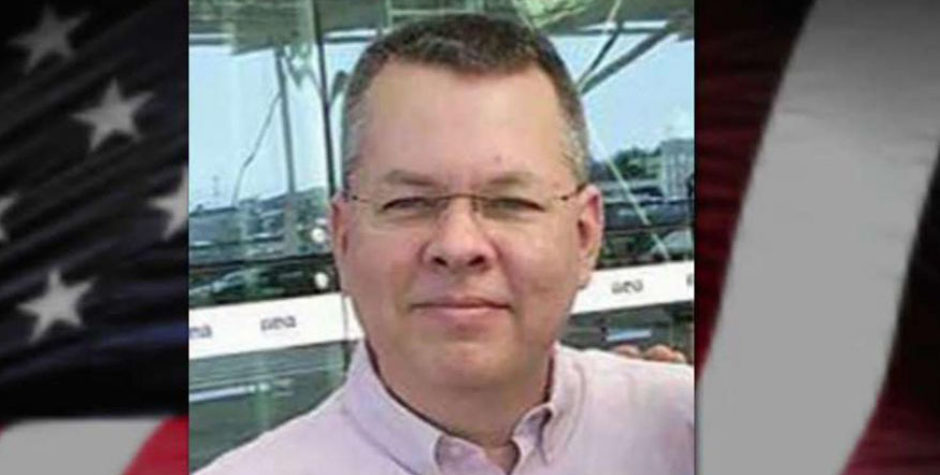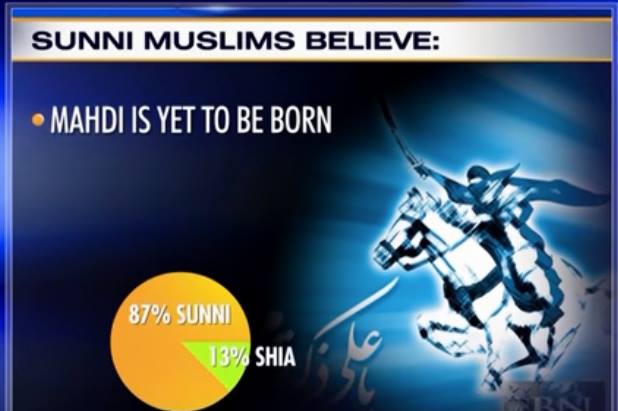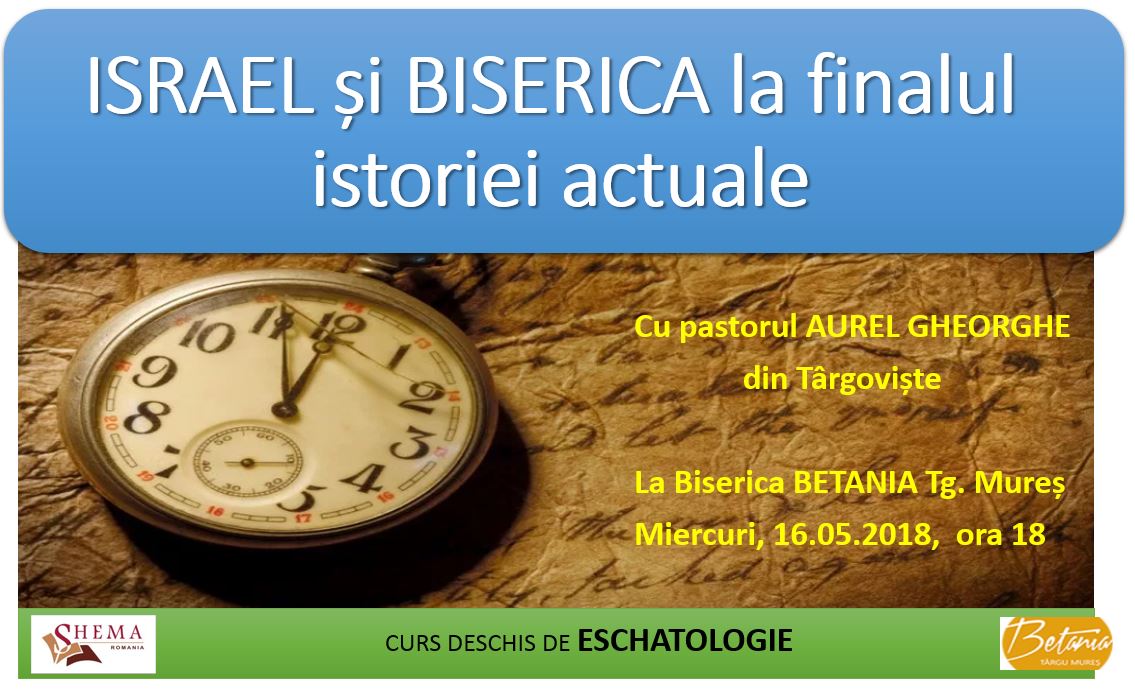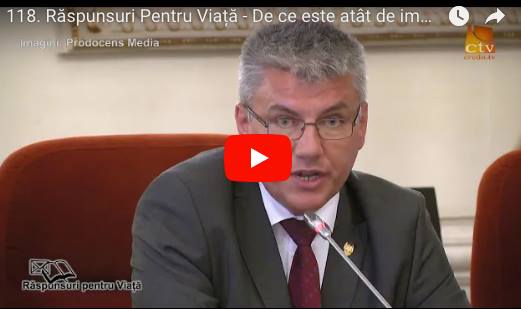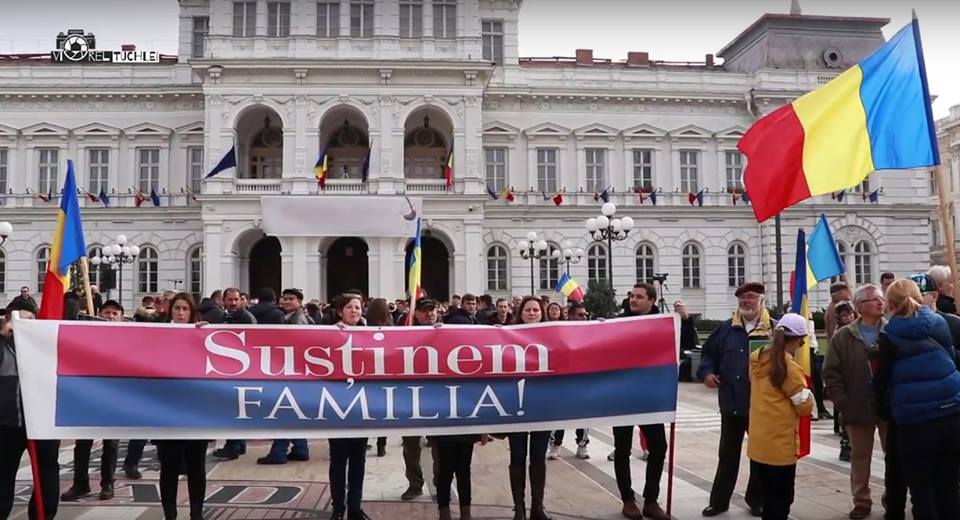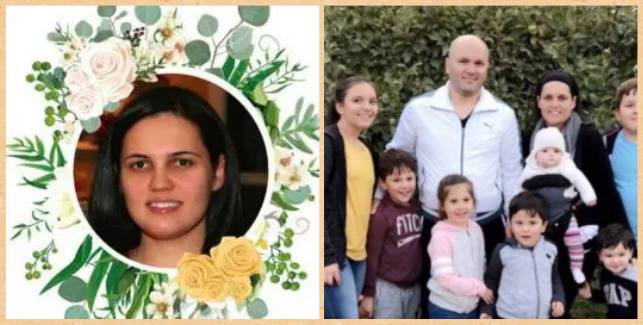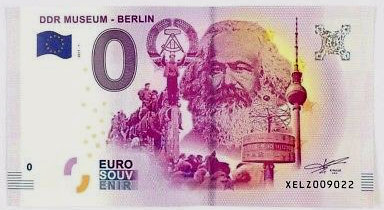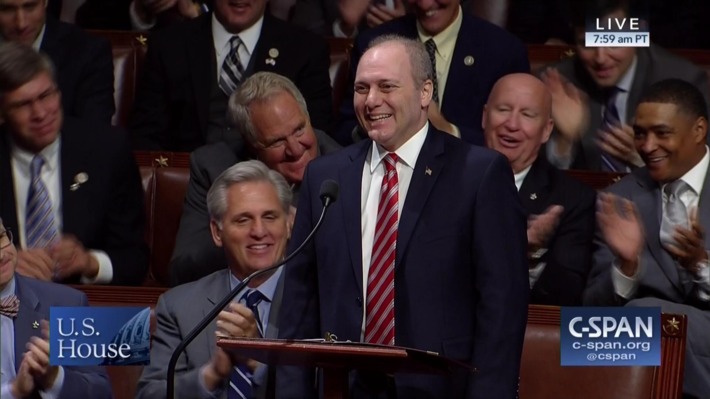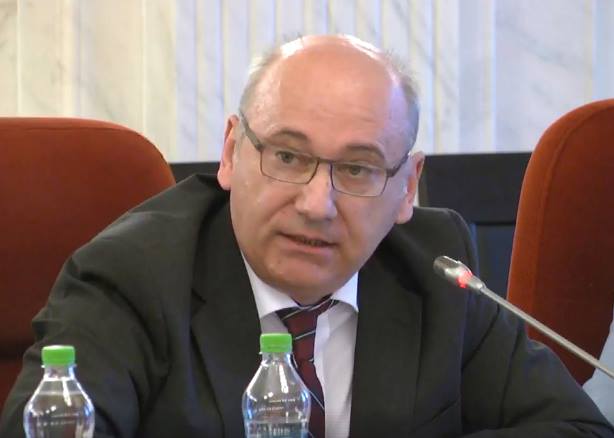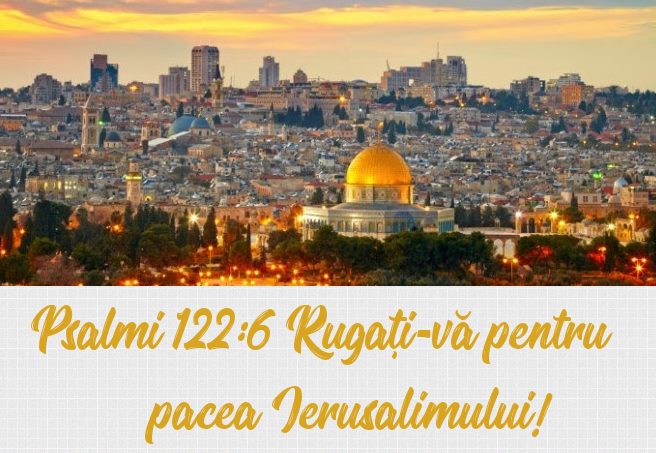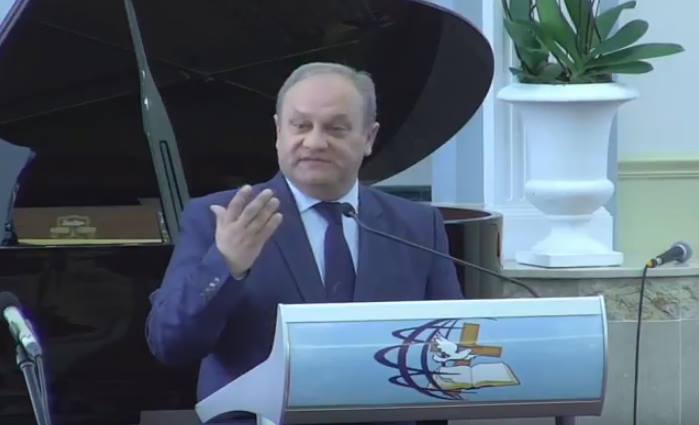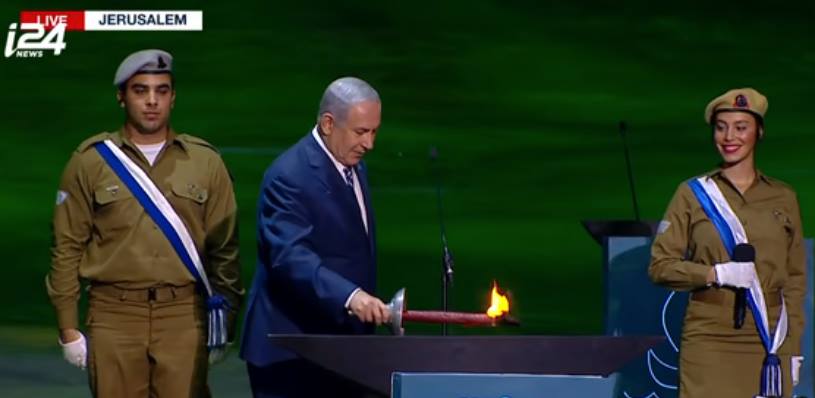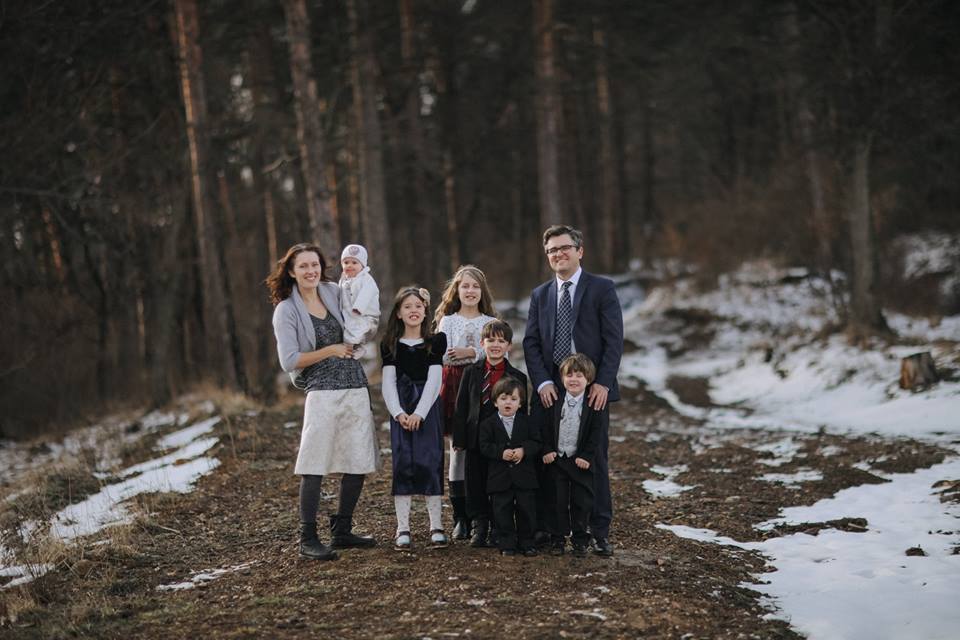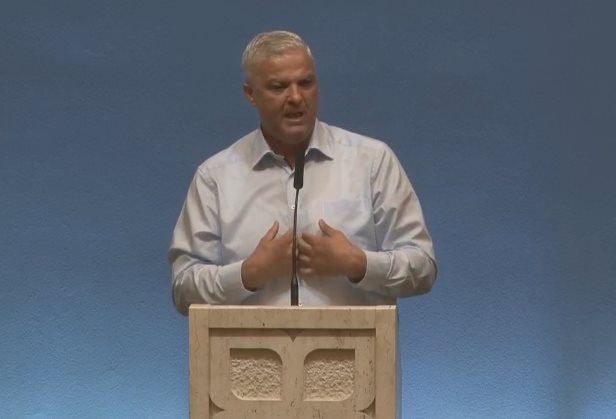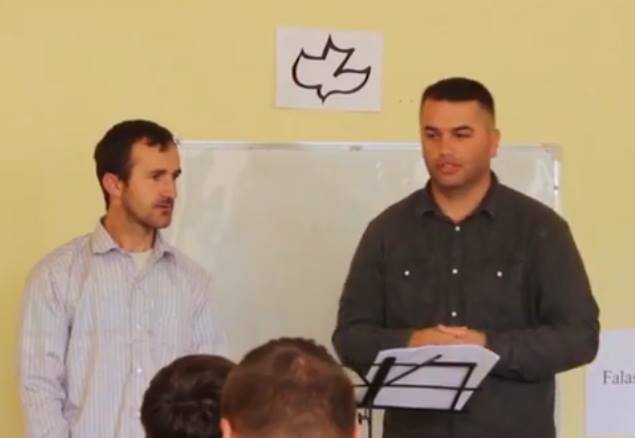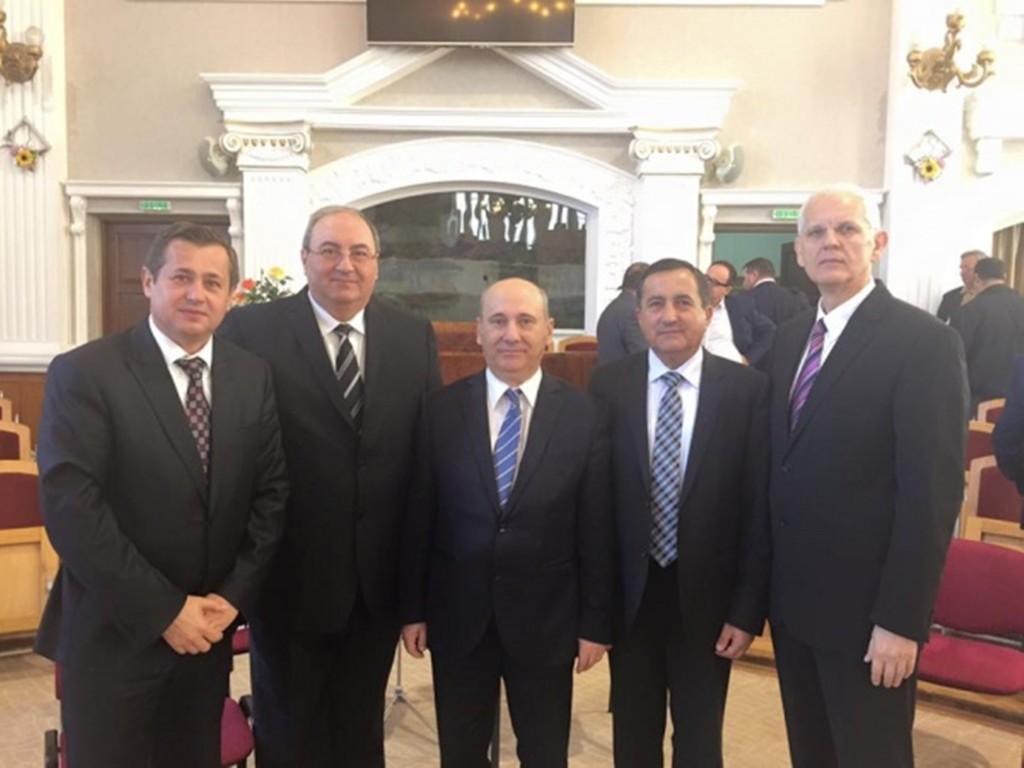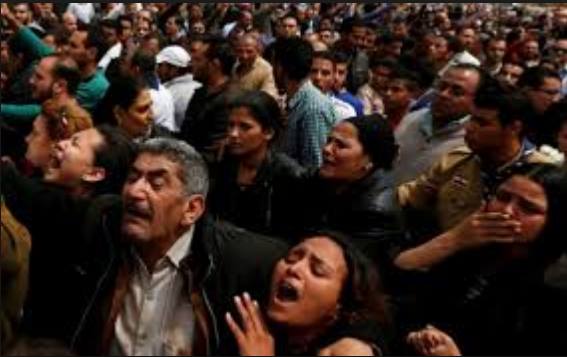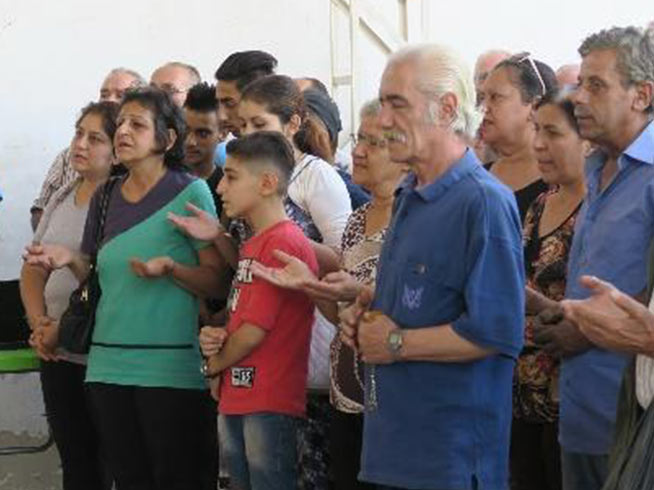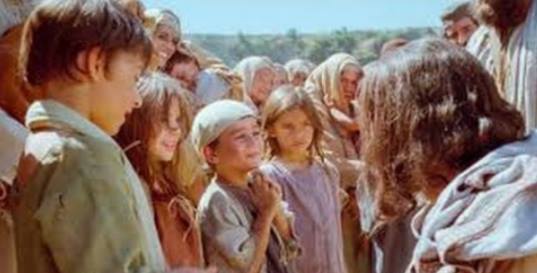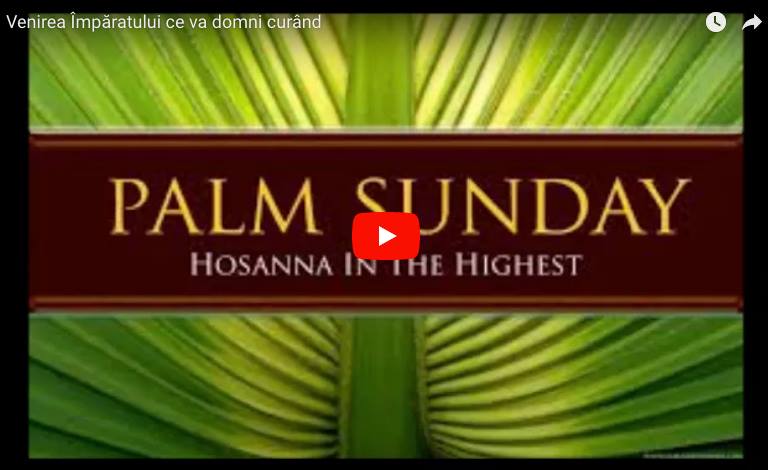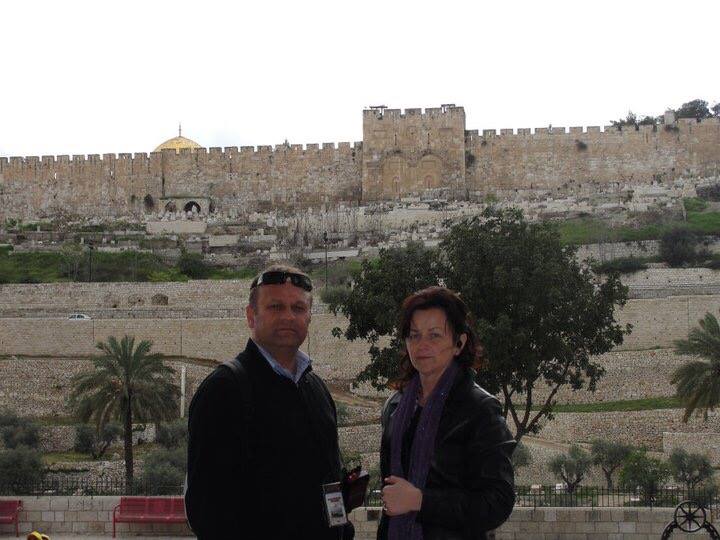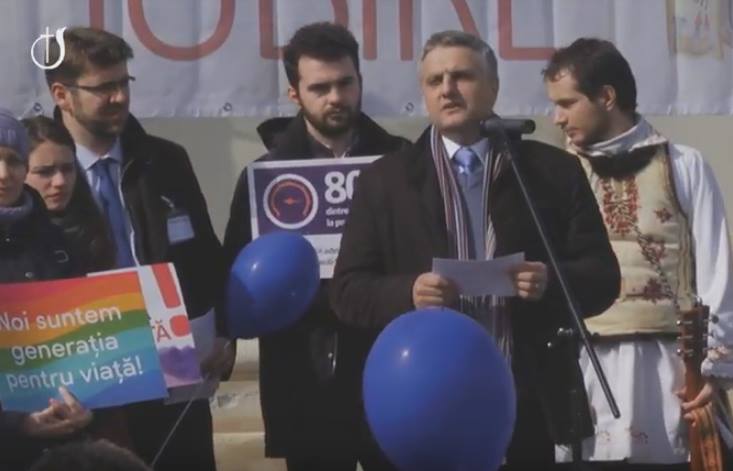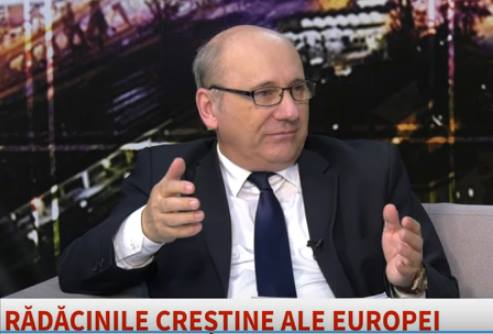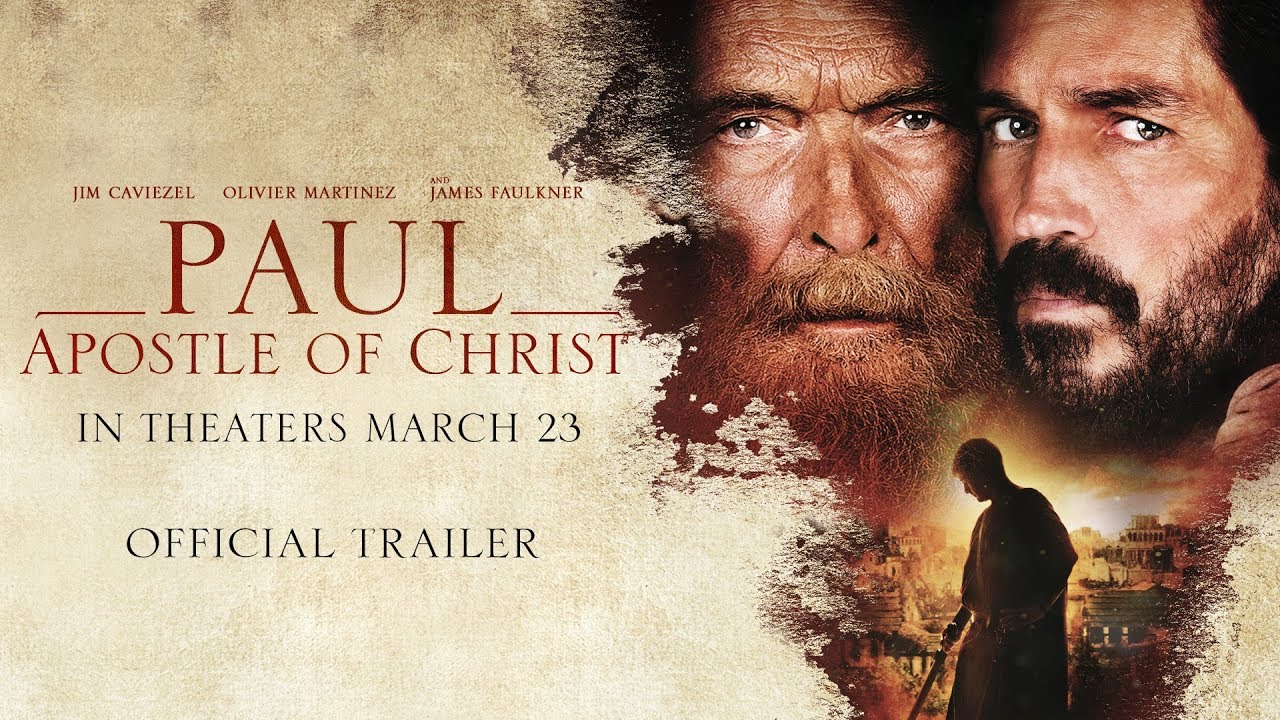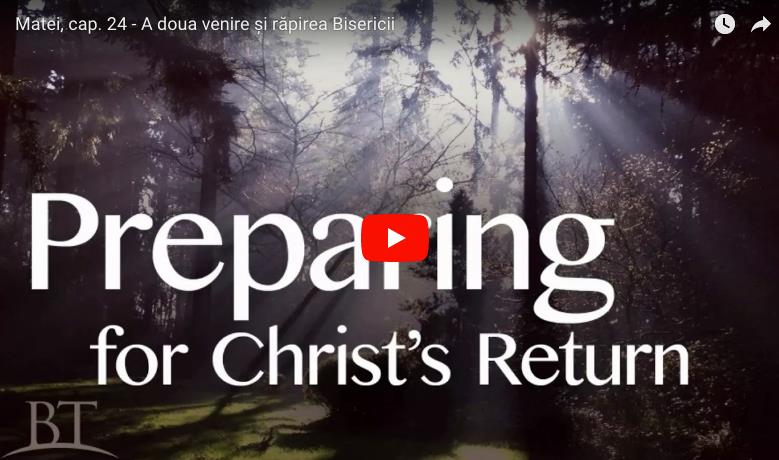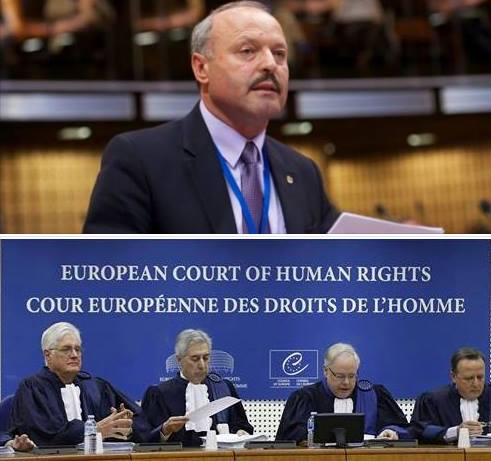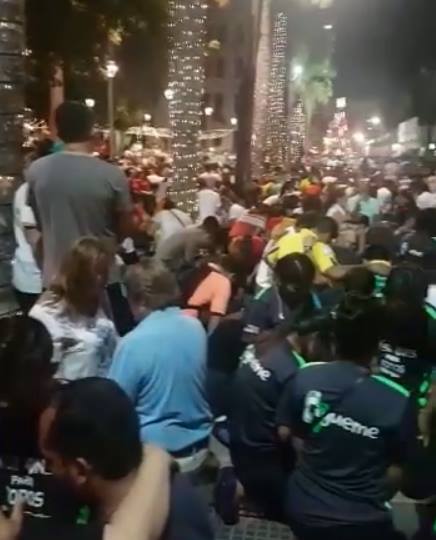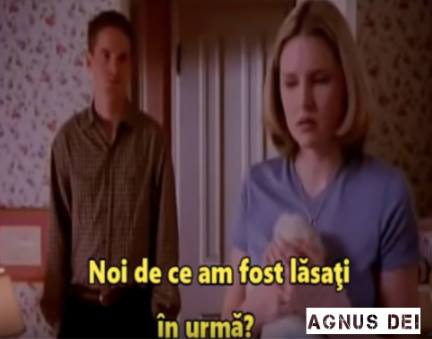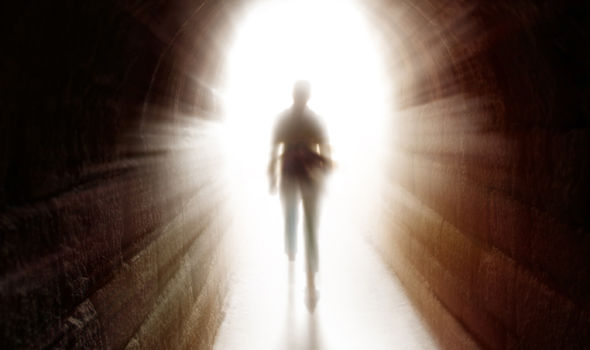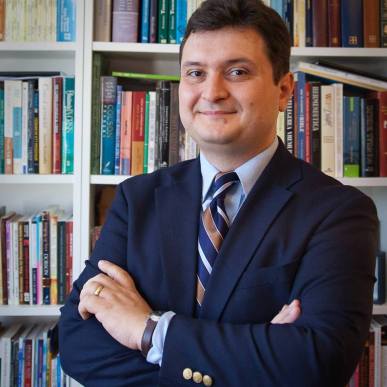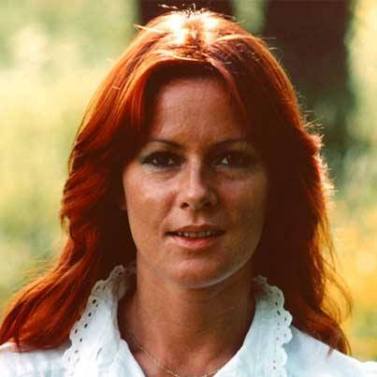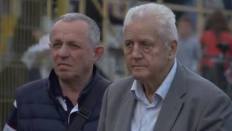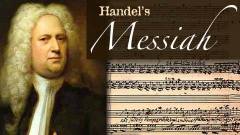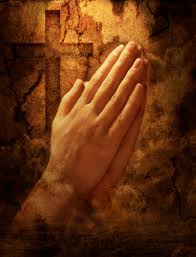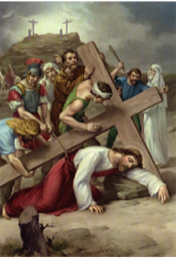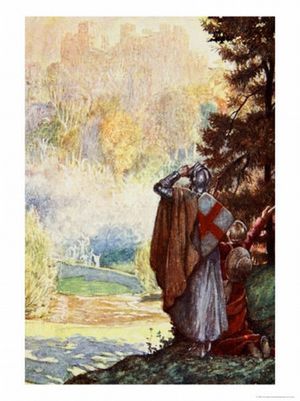For More Christmas or Bible themed classical music click on the following playlist videos.
 Messiah (HWV 56)[1] is an English-language oratorio composed in 1741 by George Frideric Handel, with a scriptural text compiled by Charles Jennens from the King James Bible and the Book of Common Prayer. It was first performed in Dublin on 13 April 1742, and received its London premiere nearly a year later. After an initially modest public reception the oratorio gained in popularity, eventually becoming one of the best-known and most frequently performed choral works in Western music.[n 1]
Messiah (HWV 56)[1] is an English-language oratorio composed in 1741 by George Frideric Handel, with a scriptural text compiled by Charles Jennens from the King James Bible and the Book of Common Prayer. It was first performed in Dublin on 13 April 1742, and received its London premiere nearly a year later. After an initially modest public reception the oratorio gained in popularity, eventually becoming one of the best-known and most frequently performed choral works in Western music.[n 1]
Handel’s reputation in England, where he had lived since 1713, had been established through his compositions of Italian opera. He turned to English oratorio in the 1730s, in response to changes in public taste; Messiah was his sixth work in this genre. Although its structure resembles that of conventional opera, it is not in dramatic form; there are no impersonations of characters and very little direct speech. Instead, Jennens’s text is an extended reflection on Jesus Christ as Messiah, moving from the prophetic phrases of Isaiah and others, through the Incarnation, Passion and Resurrection of Christ to his ultimate glorification in heaven.
Handel wrote Messiah for modest vocal and instrumental forces, with optional settings for many of the individual numbers. In the years after his death the work was adapted for performance on a much larger scale, with giant orchestras and choirs. In other efforts to update it, its orchestration was revised and amplified by (among others) Mozart. In the late 20th and early 21st centuries the trend has been towards authenticity; most contemporary performances show a greater fidelity towards Handel’s original intentions, although „big Messiah” productions continue to be mounted. Since a near-complete version was issued on 78 rpm discs in 1928, the work has been recorded many times.
From www.ChristianityToday.com – „He [Handel] would frequently declare the pleasure he felt in setting the Scriptures to music, and how contemplating the many sublime passages in the Psalms had contributed to his edification.”
—Sir John Hawkins
By 1741 George Frideric Handel was a failure. Bankrupted, in great physical pain, and the victim of plots to sabotage his career, the once-great opera composer scheduled a „farewell” appearance in London in April. To the London elite, it looked like this „German nincompoop,” as he was once called, was through. That summer, however, he composed Messiah, which not only brought him back into the spotlight, but is still deemed by some to be „an epitome of Christian faith.”
Winchester Cathedral Carols
VIDEO Playlist by cantorisdecani
Giuseppe Verdi’s Nabucco
Nabucco (short for Nabucodonosor, English Nebuchadnezzar) is an opera in four acts by Giuseppe Verdi, based on the Biblical story and the 1836 play by Auguste Anicet-Bourgeois and Francis Cornue. It is Verdi’s third opera and the one which is considered to have permanently established his reputation as a composer.Nabucco follows the plight of the Jews as they are assaulted, conquered, and subsequently exiled from their homeland by the Babylonian King Nabucco (in English, Nebuchadnezzar). The historical events are used as background for a romantic and political plot. (source Wikipedia)
VIDEO by prom opera (2+ hours)
J S Bach – Psalm 51 (BWV 1083)
J S Bach – Psalm 51 (BWV 1083) Documentary and performance. Skip forward to just before 17 minutes for the start of the (marvellous) performance. The documentary is in Italian with French subtitles.
„At a reverent performance of music, God is always at hand with his gracious presence.”
When he was 48, Johann Sebastian Bach acquired a copy of Luther’s three-volume translation of the Bible. He pored over it as if it were a long-lost treasure. He underlined passages, corrected errors in the text and commentary, inserted missing words, and made notes in the margins. Near 1 Chronicles 25 (a listing of Davidic musicians) he wrote, „This chapter is the true foundation of all God-pleasing music.” At 2 Chronicles 5:13 (which speaks of temple musicians praising God), he noted, „At a reverent performance of music, God is always at hand with his gracious presence.” (source www.ChristianityToday.com)
J S Bach – Psalm 51 (BWV 1083) Documentary and performance. Skip forward to just before 17 minutes for the start of the (marvellous) performance. The documentary is in Italian with French subtitles. If you don’t have Italian but can read French at secondary (high school) level then I think you’ll find the documentary very manageable and very interesting. Enjoy 🙂
markfromireland VIDEO by markfromireland PERFORMANCE starts at 17th min.
JS Bach Psalm 51 BWV 1083
Cantatas BWV 170,198,106,136,53 (2 hours)
VIDEO by Gravi Cembalo
♫ Händel: Samson, sacred oratorio in three acts
Handel began its composition immediately after completing Messiah on 14 September 1741. It uses a libretto by Newburgh Hamilton, who based it on Milton’s Samson Agonistes, which in turn was based on the figure Samson in Chapter 16 of the Book of Judges. Handel completed the first act on 20 September 1741, the second act on 11 October that year and the whole work on 29 October. Shortly after that he travelled to Dublin to put on the premiere of Messiah, returning to London at the end of August 1742 and thoroughly revising Samson.The premiere was given at Covent Garden in London on 18 February 1743, with the incidental organ music probably the recently-completed concerto in A major (HWV 307).)
• Susan Gritton: Dalila
• Iestyn Davies: Micah
• Mark Padmore: Samson
• Neal Davies: Manoa
• Christopher Purves: Harapha
• Lucy Crowe: Israelite woman / Philsitine woman / Virgin
• Ben Johnson: Israelite man / Philistine man / Messenger
The English Concert & The New Company
Conducted by Harry Bicket
Royal Albert Hall © Broadcast by BBC, Proms 2009
Handel 1739 Israel in Egypt at Pharoah’s Islands
Oratorio Jerusalem Symphony
A special performance on the shores of the Red Sea
VIDEO by La Casa di Davide
Related articles
- Händel for Christmas ! (rodiagnusdei.wordpress.com)
- Classical Christmas Songs (rodiagnusdei.wordpress.com)


















